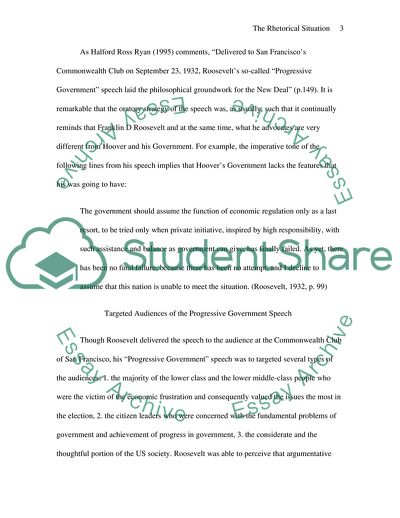Cite this document
(The Presidential Campaign Term Paper Example | Topics and Well Written Essays - 2000 words, n.d.)
The Presidential Campaign Term Paper Example | Topics and Well Written Essays - 2000 words. Retrieved from https://studentshare.org/politics/1723359-the-rhetorical-situation-of-franklin-d-roosevelts-1932-progressive-government-speech
The Presidential Campaign Term Paper Example | Topics and Well Written Essays - 2000 words. Retrieved from https://studentshare.org/politics/1723359-the-rhetorical-situation-of-franklin-d-roosevelts-1932-progressive-government-speech
(The Presidential Campaign Term Paper Example | Topics and Well Written Essays - 2000 Words)
The Presidential Campaign Term Paper Example | Topics and Well Written Essays - 2000 Words. https://studentshare.org/politics/1723359-the-rhetorical-situation-of-franklin-d-roosevelts-1932-progressive-government-speech.
The Presidential Campaign Term Paper Example | Topics and Well Written Essays - 2000 Words. https://studentshare.org/politics/1723359-the-rhetorical-situation-of-franklin-d-roosevelts-1932-progressive-government-speech.
“The Presidential Campaign Term Paper Example | Topics and Well Written Essays - 2000 Words”. https://studentshare.org/politics/1723359-the-rhetorical-situation-of-franklin-d-roosevelts-1932-progressive-government-speech.


